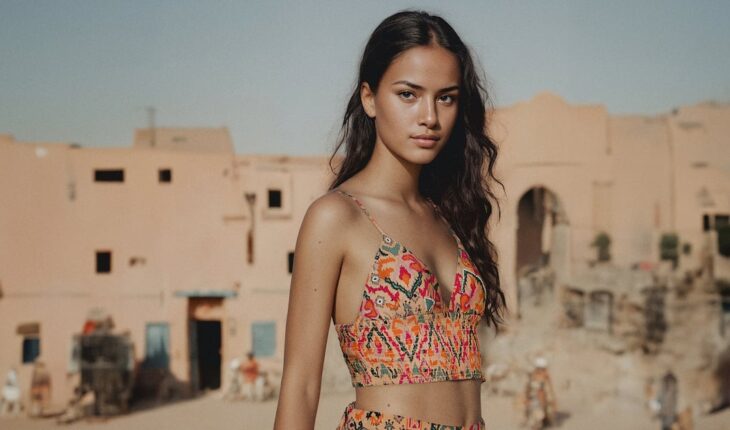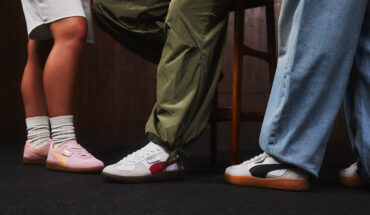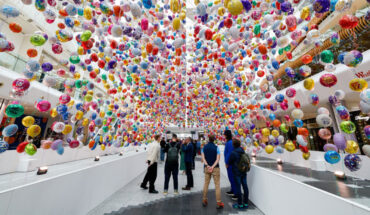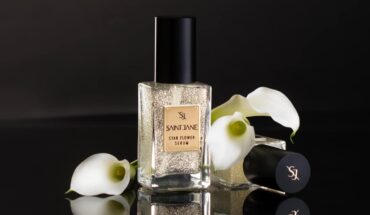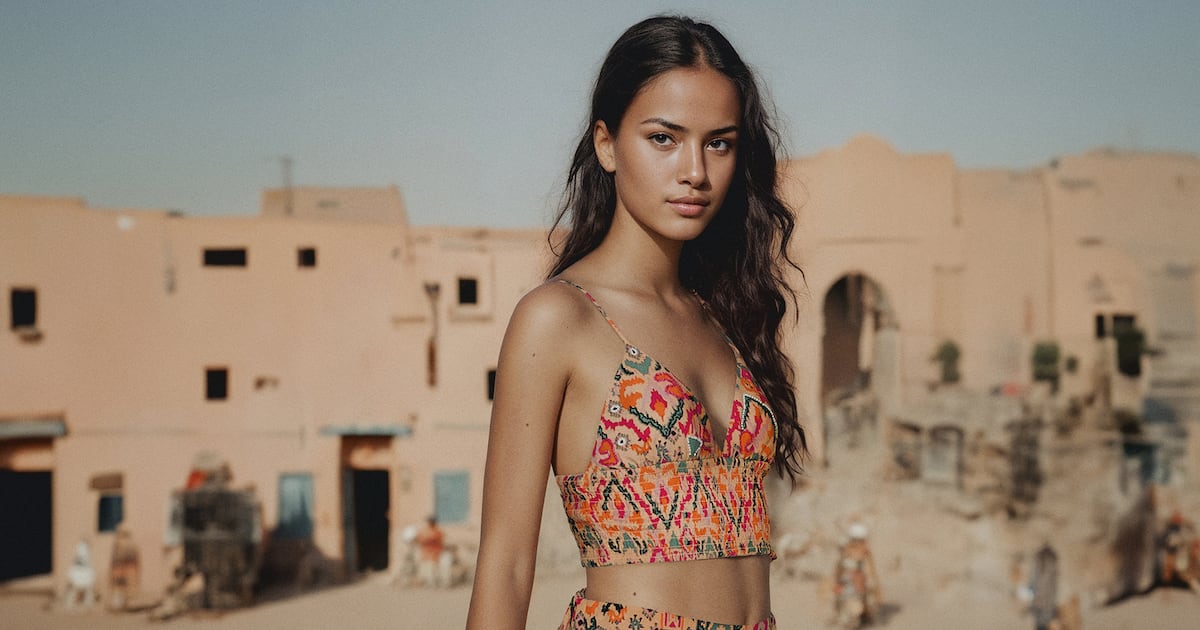
Add another job to the list that artificial intelligence might replace — fashion models.
The Spanish fast-fashion chain Mango is eliminating some human models and using AI-generated avatars to create advertising campaigns more quickly, chief executive officer Toni Ruiz said in an interview. The garments these AI models are wearing are real and available to customers for purchase.
Among Mango’s main rivals are retailers including Inditex’s Zara and H&M, brands that swiftly jump on fashion trends to produce items that sell at affordable prices. To compete, Mango is using AI to pick up speed across different areas of the business.
“It’s about faster content creation,” Ruiz said.
Mango piloted its first AI-generated campaign in July, which featured a limited-edition collection geared to teenage girls.
The most recent AI-generated advertising campaign, released this month, is also teen-focused. Some imagery appears on the Mango website with a disclaimer that AI was used to create the visuals. Mango plans to expand its use of the technology to its women’s and men’s collections, but hasn’t made any final decisions yet.
AI is driving a shift in the $2.5 trillion modelling industry. Mango joins other retail brands, such as Levi Strauss & Co., Louis Vuitton and Nike Inc. that have already teamed up with AI modelling companies. The financial benefits are clear, with AI models typically costing a fraction of the price of a human model.
Mango’s use of AI goes beyond marketing and advertising. AI is also helping the company design collections, providing inspiration for fabrics and more. A bot is now capable of creating clothing that conforms to the Mango design aesthetic, Ruiz said.
The retailer, which is expanding in the US, said it’s still creating human jobs. The company currently employs around 640 workers in the US and plans to double that number by 2025. Mango aims to grow its US footprint to nearly 70 stores by the end of 2025, up from 42 at the end of this year.
By Julia Fanzeres and Crystal Tse
Learn more:
Fashion’s AI Dilemma Is Getting Worse
Baggu and Collina Strada are the most recent targets of ire among consumers opposed to the use of generative AI designs, and they won’t be the last. What does it mean for an industry that has already embraced the innovation with open arms?

